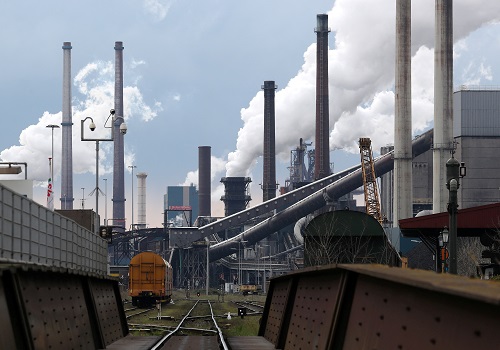Emissions from Tata Steel's Dutch plant reduce life expectancy, research shows

Follow us Now on Telegram ! Get daily 10 - 12 important updates on Business, Finance and Investment. Join our Telegram Channel
People living close to Tata Steel's Dutch steelworks have a life expectancy that is 2.5 months lower than the average for the Netherlands due to the plant's emissions, the Dutch National Institute for Public Health and the Environment said on Friday.
The Institute said its research showed that exposure to particulate matter and nitrogen dioxide increases the risk of lung cancer and that 4% of the new cases in the area could be attributed to the emissions from the plant.
The research also showed that 3% of new cases of asthma in children were due to the emissions.
The Institute's research marks the first time that the most relevant health consequences of Tata Steel's emissions have been mapped out in the Netherlands.
The Dutch government, which commissioned the research, said in a statement that living conditions around the plant - on the country's North Sea coast - have to be improved.
A spokesperson for Tata Steel said in response to the research: "We know that people in the area are concerned about the impact of our company on their health, and we care about that." The spokesperson also said that while Tata Steel's current emissions meet legal limit value, the steel factory expects to reduce emissions by the end of this year.












 320-x-100_uti_gold.jpg" alt="Advertisement">
320-x-100_uti_gold.jpg" alt="Advertisement">









